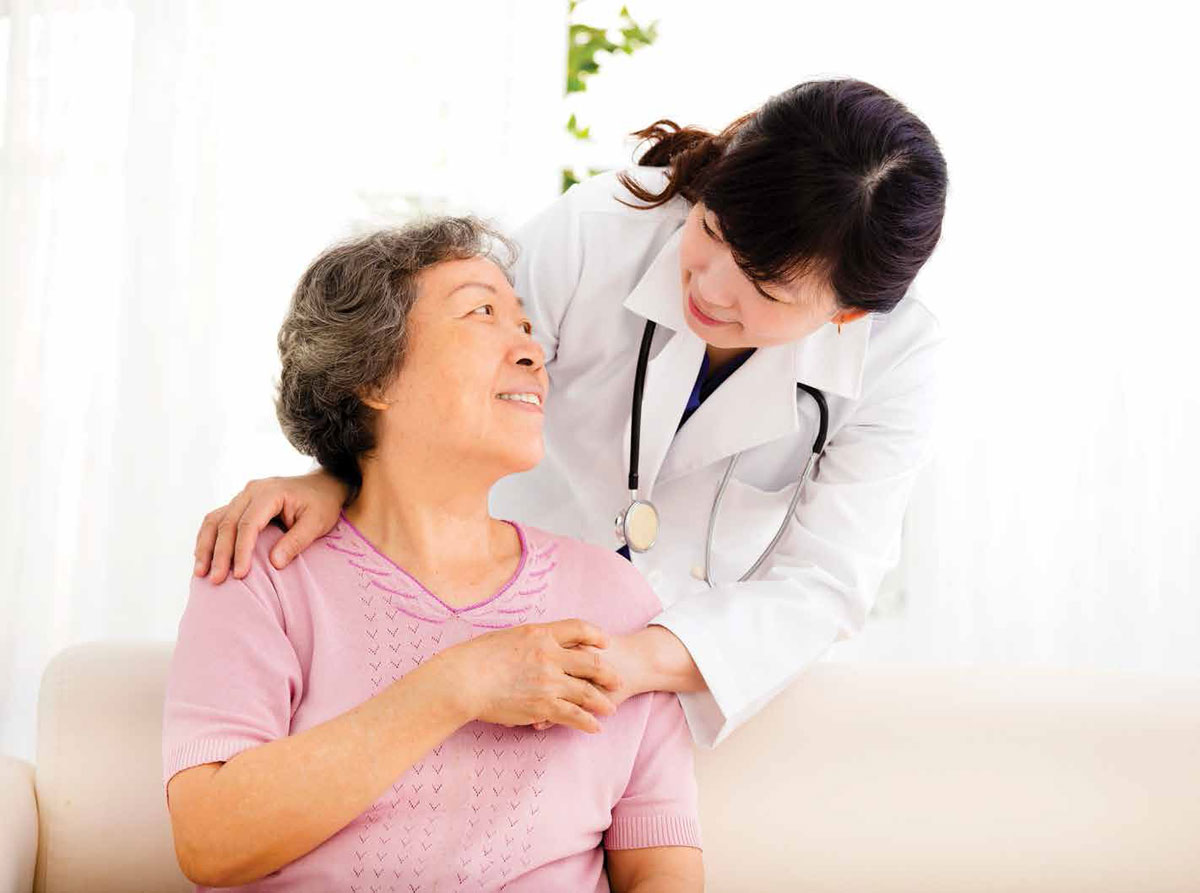Ulcerative Colitis
Inflammatory Bowel Disease
Ulcerative colitis (UC) is a subtype of inflammatory bowel disease (IBD). IBD comprises a group of diseases that affect the gastrointestinal tract. Ulcerative colitis occurs when the lining of your large intestine (also called the colon), rectum, or both become inflamed.
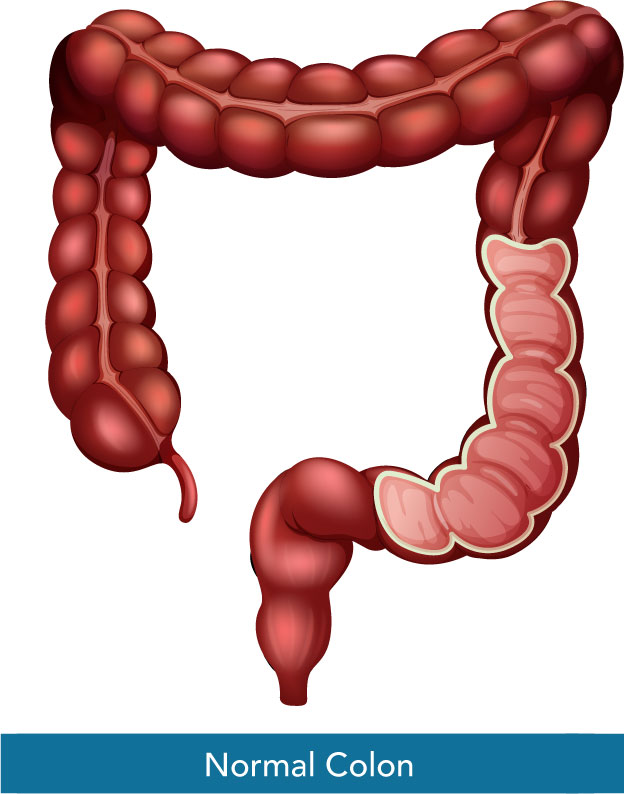
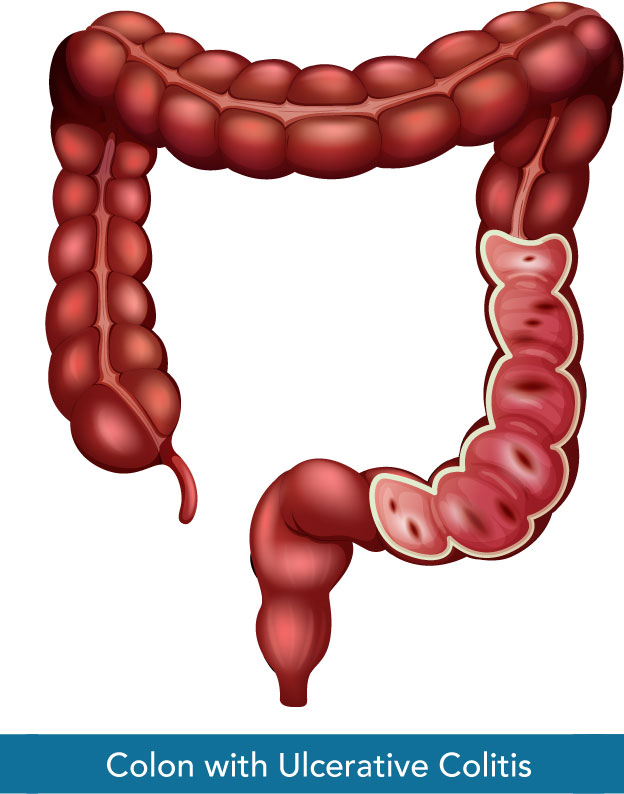
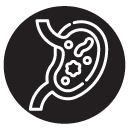
Diarrhoea
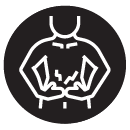
Abdominal pain and cramping
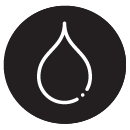
Rectal pain and bleeding

Rectal pain and bleeding
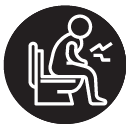
Inability to defecate despite urgency

Weight loss

Fatigue
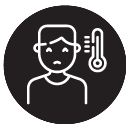
Fever
Causes
Some researchers believe ulcerative colitis may be the result of an overactive immune system. Some of the causes that might cause UC to include:
- Genes: You may inherit a gene from a parent that increases your risk.
- Other immune disorders: If you have one type of immune disorder, your risks of developing a second are higher.
- Environmental factors: Bacteria, viruses, and antigens may trigger your immune system. Stress and diet may aggravate but they do not cause.
How is UC detected/diagnosed?
Apart from blood tests and scans, UC is normally diagnosed by doing a colonoscopy or sigmoidoscopy. Colonoscopy or sigmoidoscopy is performed by using a thin fibreoptic inserted through the anus to inspect the large intestine and acquire a biopsy.

Possible complications
Ulcerative colitis increases your risk of colon cancer. Surveillance colonoscopy is required from time to time to make sure that UC is detected early. You will need more frequent cancer screening. A surveillance colonoscopy will be required every one to two years.
- Severe bleeding
- Hole in the colon (perforated colon)
- Severe dehydration
- Inflammation of skin, eyes, joints
- Rapidly swelling colon
- Increased risk of colon cancer
Know your treatment options at CVSKL’s gastro centre
Depending on the symptoms, medication is usually prescribed to control the disease. The medications range from oral medication to those administered directly through insertion into the rectum. These medications help to reduce gut inflammation.
In some instances, certain medications are needed to build up the immune symptoms which come in the form of a brief course of steroids or biologics. In some conditions, especially when the symptoms fail to respond to medication, surgery is needed to control the symptoms.





